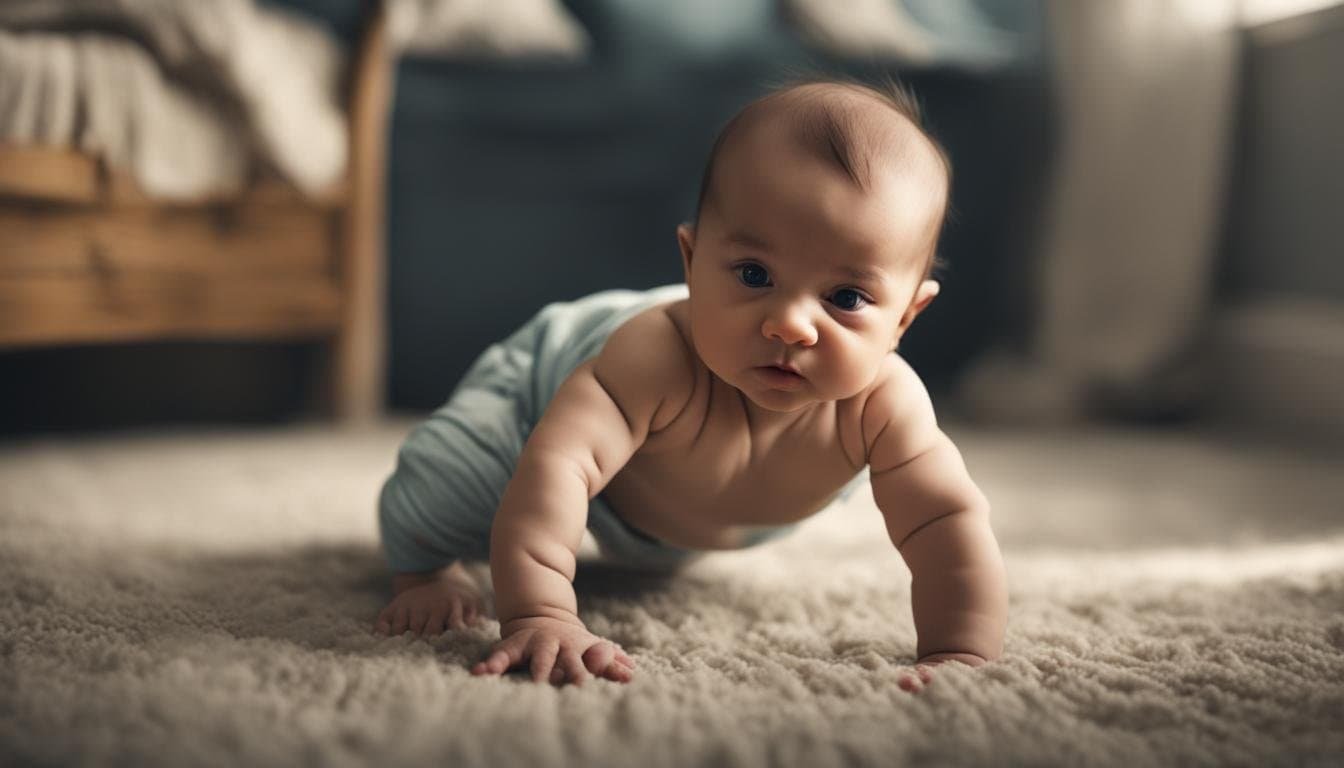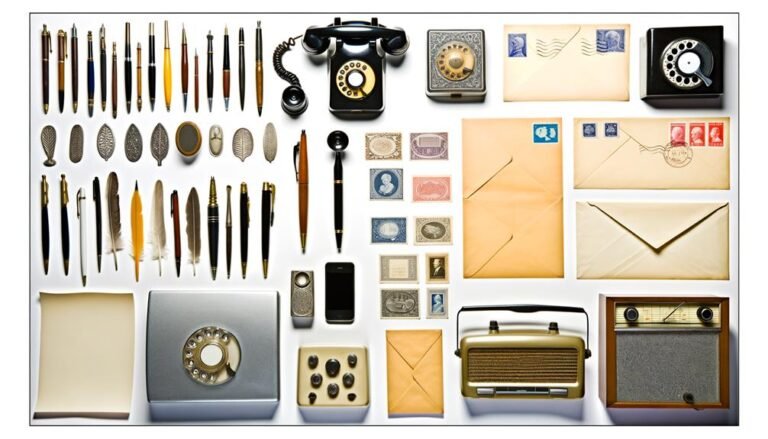Gross Motor Skills of a Newborn
Gross motor skills are an essential part of a newborn’s development. These skills involve the coordination and control of the large muscles in the arms, legs, and torso. From the moment they are born, infants begin to develop these skills, gradually gaining strength and control over their movements.
Developing gross motor skills is crucial for a newborn’s physical development. These skills not only enable them to perform everyday physical activities like walking, running, and lifting but also contribute to their fine motor skills, body awareness, reaction speed, balance, and overall strength.
During the first few months of life, newborns achieve significant milestones in their gross motor development. They start by turning their head to follow sounds and moving objects. As they grow, they gain the ability to lift their head and turn it while lying on their belly, and they engage in regular tummy time to strengthen their neck and upper body muscles.
It’s important for parents and caregivers to provide opportunities for infants to practice and develop their gross motor skills. By encouraging activities such as supervised tummy time, reaching for objects, and gentle movements, they can support the healthy development of these skills.
Key Takeaways:
- Gross motor skills involve the coordination and control of large muscles in the body.
- Developing gross motor skills is essential for newborns’ physical development.
- Newborns achieve milestones such as turning their head, lifting their head on their belly, and engaging in tummy time.
- Parents and caregivers should provide opportunities for infants to practice and develop gross motor skills.
- Supporting gross motor skill development sets the stage for a child’s future physical abilities.
Gross Motor Development Milestones for Newborns
Newborns experience remarkable growth and development during the first few months of life, including the progression of their gross motor skills. These milestones are crucial for their overall physical development and lay the foundation for future motor abilities.
At around 2 months old, newborns begin to demonstrate increased control over their movements. They can turn their head to both sides while lying on their back, lift their head and turn it on their belly, and engage in tummy time on the floor. Tummy time is a vital activity that helps strengthen their neck and back muscles and promotes head control.
By 4 months, newborns achieve more advanced gross motor skills. They can raise their head in line with their trunk when gently pulled to sit, push up on their forearms and turn their head side to side while lying on their belly, and even roll from their belly to their back. These abilities contribute to building strength and coordination in their upper body.
As newborns continue to grow and develop, they further enhance their gross motor skills. By around 6-8 months, they progress to sitting independently, reaching for toys in a sitting position, catching themselves with a loss of balance while sitting, and crawling on their belly. These milestones signify increased stability and mobility.
Between 9-11 months, newborns become more exploratory in their movements. They start transitioning between lying down and sitting upright without assistance, crawling on their hands and knees, pulling to a standing position with one foot leading, and cruising around furniture for support.
Gross Motor Development Milestones for Newborns:
| Age | Milestones |
|---|---|
| 2 months | – Turning head to both sides on their back. – Lifting head and turning it on their belly. – Engaging in tummy time on the floor. |
| 4 months | – Raising head in line with trunk when pulled to sit. – Pushing up on forearms and turning head side to side on belly. – Rolling from belly to back. |
| 6-8 months | – Sitting alone. – Reaching for toys in a sitting position. – Catching oneself with loss of balance in sitting. – Crawling on belly. |
| 9-11 months | – Transitioning between lying down and sitting upright. – Crawling on hands and knees. – Pulling to a standing position with one foot leading. – Cruising around furniture. |
Between 11-12 months, newborns confidently take their first steps with support and gradually begin walking while holding onto one hand. These significant achievements mark the transition from early motor development to more advanced activities and mobility.
It is important to celebrate each child’s unique developmental journey, as not all newborns reach milestones at the same time. The progression of gross motor skills in newborns requires patient guidance and ample opportunities for movement and exploration.
Gross Motor Development Milestones for Toddlers and Preschoolers
As toddlers and preschoolers continue to grow and develop, their gross motor skills become more advanced. It is important to track their progress and celebrate their individual milestones. Here are some key gross motor development milestones for toddlers and preschoolers:
2 Years Old
- Walking and running fairly well
- Jumping with both feet off the ground
- Walking up and down stairs alone
- Kicking a ball with either foot
3 Years Old
- Balancing on one foot for a few seconds
- Jumping forward a certain distance
- Catching a large ball
- Riding a tricycle
4 Years Old
- Running, jumping, and climbing well
- Hopping on one foot
- Catching a ball reliably
- Beginning somersaults
5 Years Old
- Skipting on alternate feet
- Jumping rope
- Starting to skate and swim
- Riding a bicycle with or without training wheels
- Climbing well
Remember, these milestones may vary for each child, as every child develops at their own pace. It’s crucial to provide opportunities for movement and play to support the development of gross motor skills in toddlers and preschoolers.
| Milestone | 2 Years Old | 3 Years Old | 4 Years Old | 5 Years Old |
|---|---|---|---|---|
| Walking and running | ✓ | |||
| Jumping with both feet | ✓ | |||
| Walking up and down stairs alone | ✓ | |||
| Kicking a ball with either foot | ✓ | |||
| Balancing on one foot | ✓ | |||
| Jumping forward | ✓ | |||
| Catching a large ball | ✓ | |||
| Riding a tricycle | ✓ | |||
| Running, jumping, and climbing | ✓ | |||
| Hopping on one foot | ✓ | |||
| Catching a ball reliably | ✓ | |||
| Beginning somersaults | ✓ | |||
| Skipting on alternate feet | ✓ | |||
| Jumping rope | ✓ | |||
| Starting to skate and swim | ✓ | |||
| Riding a bicycle with or without training wheels | ✓ | |||
| Climbing well | ✓ |
Importance of Gross Motor Skills in Physical Development
Gross motor skills are essential for a child’s physical development and have a significant impact on their overall well-being. These skills involve the coordination and control of larger muscles in the body, such as those in the arms, legs, and torso. Developing gross motor skills provides numerous benefits that contribute to a child’s physical growth and abilities.
One of the key benefits of gross motor skill development is the enhancement of strength, coordination, and balance. Engaging in activities that involve these skills helps children build muscle strength and improve their ability to control their body movements. As a result, they become more confident in their physical abilities and are better equipped to navigate their surroundings.
Gross motor skills also play a crucial role in promoting an active lifestyle and overall physical health. By participating in various gross motor activities, such as running, jumping, climbing, and playing sports, children develop endurance, stamina, and cardiovascular fitness. These activities also contribute to the development of healthy habits, setting the foundation for a lifelong enjoyment of physical activity.
Moreover, gross motor skill development enhances a child’s ability to engage in group activities and sports. By improving their coordination, balance, and agility, children can actively participate in team games, dance, martial arts, and other physical activities. These experiences promote social interaction, cooperation, and teamwork, fostering both physical and social development.
Gross motor skills also have a direct impact on a child’s ability to perform everyday tasks. By developing and refining their gross motor skills, children acquire the physical capabilities necessary for activities such as dressing themselves, eating independently, and maintaining good posture. These skills contribute to their overall independence and self-care abilities.
To encourage the development of gross motor skills in children, it is important to provide them with a variety of age-appropriate activities that challenge and engage their physical abilities. This can include activities such as outdoor play, bike riding, dancing, swimming, and sports programs tailored to their age and developmental stage.
In conclusion, the importance of gross motor skills in physical development cannot be overstated. These skills play a fundamental role in building strength, coordination, balance, and confidence in children’s bodies. They contribute to an active lifestyle, promote physical health, enhance social participation, and enable children to perform everyday tasks independently. By emphasizing and supporting the development of gross motor skills, parents and caregivers lay the foundation for a child’s long-term physical abilities and overall well-being.
Conclusion
Gross motor skills are essential for the physical development of infants and children, laying the groundwork for more complex movements as they transition from infants to toddlers and preschoolers. Understanding the milestones of gross motor skills and providing ample opportunities for movement and play is crucial for parents and caregivers to support the development of these skills in their little ones.
It’s important to remember that each child develops at their own pace, so it’s crucial to celebrate their individual progress and seek professional guidance if there are any concerns about their motor development. By encouraging and promoting gross motor skill development, parents and caregivers can set the stage for a child’s future physical abilities and overall well-being.
Promoting motor development in infants and children involves engaging them in activities that challenge their gross motor skills, such as crawling, walking, running, jumping, and playing ball games. These activities not only help children build strength, coordination, and balance but also boost their confidence in their own bodies.
By prioritizing the development of gross motor skills, parents and caregivers play a vital role in supporting their child’s physical growth, promoting an active lifestyle, and setting the foundation for a lifetime of physical well-being and success in various physical activities and sports.





